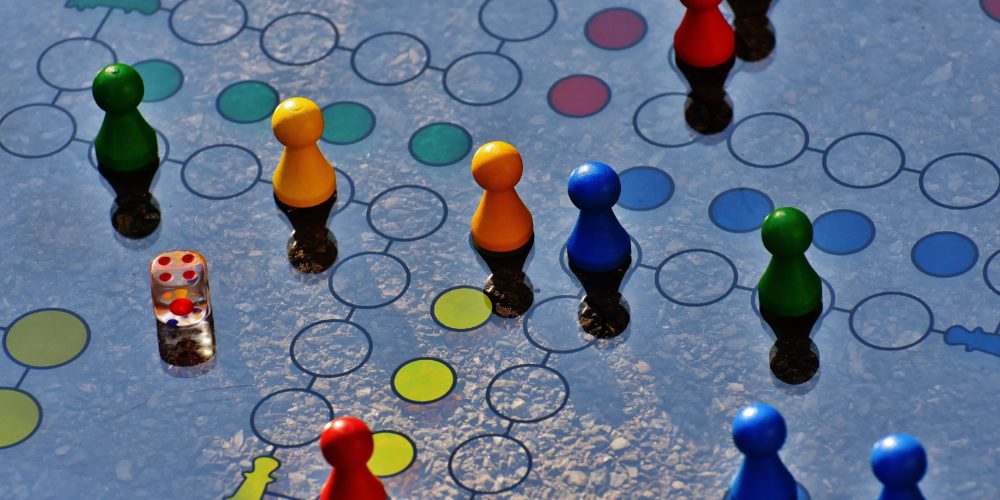How good is your team? Here’s a different way of looking at it

FCB vs FCB was supposed to be one of the interesting matchups in football this year.
FC Bayern duly faced off against FC Barcelona in the quarterfinals of the UEFA Champions League recently. It ended in a debacle. The Germans took the Catalans apart, beating them 8-2 – an unheard-of scoreline in the upper echelons of world soccer.
Or wait: is it really unheard of? In 2013 I wrote on this page: “Barcelona’s dismembering was so thorough (they were beaten 7-0 over two legs) that one was left fearing for their ability to recover mentally from the humiliation.” That, too, was a Champions League game. There, too, Barcelona were dismantled.
But Barcelona are an elite team, the home of Lionel Messi, regarded by many as the greatest living player and arguably the best of all time. Why should they be reduced to this?
For one answer to this question, let’s look at the work of two soccer-loving academics, Chris Anderson and David Sally. In their book, The Numbers Game, they make an astute observation: soccer is a “weakest-link” activity. Basketball, on the other hand, is about the strongest link in the team. A top-notch player can so dominate the basketball court that he can (almost) singlehandedly bring success.
Football is rather different.
Having a Messi or Ronaldo or Maradona on the pitch is a great asset, no doubt – but it is not in itself going to bring you any sustained success. For that to happen, the entire team must come to the game – and in particular, you must not have any seriously weak links in the lineup.
The contrast was pretty evident in the most recent Barca-Bayern face-off. The Catalans had Messi, still very much in his prime – and a bucket-load of ageing has-beens. There were weak links aplenty all over the pitch. The Germans, on the other hand, did not showcase just a world-beater or two – they fielded eleven highly competent players playing with common purpose and rhythm.
When Lionel Messi is surrounded by other top-notch players and there are no glaring weak areas in the team, he delivers his best. That was the case in the Barcelona of a few years back, when the legendary player had the likes of Xavi, Iniesta, Puyol, Alves and Neymar lined up next to him. It has almost never been the case in his national team, Argentina, during Messi’s time.
Anderson and Sally tell us to “look less at your strongest links and more at your weakest ones. It is there that a team’s destiny is determined…” Your best players can light up the pitch and win you games; but sustained success is more about how bad your weak ones are.
Here’s the question I’m raising today: which type of activity is your organization engaged in? Are you a strongest-link team, or a weakest-link one?
A team at the business startup stage might arguably need a larger-than-life, very talented person to drive the team forward. The founder is usually the strongest link. But once a business or organization has achieved a certain size and maturity, I would argue its weakest links become more crucial to success.
This is backed up by the work of other academics, and Adam Grant captured those studies in his landmark book, Give And Take. I summarised it in this column in 2017 as follows: “Great individuals matter, but mostly in the context of great teams. Our best work most often comes when we are working for long periods with great networks of coworkers and collaborators. That is why companies should be building star teams, not just a collection of trophy employees…”
When we fixate only on strong personalities or those we regard as top achievers, we set ourselves up to fail in the long run. Most teams require many components to work in harmony. We should be paying deep attention to what causes that harmony to happen. Teams that can develop a culture of trust and community, and whose members help and push one another to perform better and better – that’s where the magic lies.
Is that your team’s focus? Or are you still seeking to build it around a couple of oversized reputations and egos – possibly your own? Do you pay enough attention to the weak areas – and do you invest enough in uplifting those team members? Are outsized rewards given to a couple of team members, while the rest are regarded as expendable and replaceable?
As I write this, FC Barcelona faces a major overhaul. May I politely suggest that the fundamental ethos of the team and its inner relationships is the place to begin – not in more star buys.
(Sunday Nation, 23 August 2020)

Buy Sunny Bindra's new book
The X in CX
here »
Popular Posts
- The pause that saves usJune 8, 2025
- Where are you rushing to—your funeral?June 29, 2025
- How to spot a real thinkerJune 15, 2025
- Built the app, forgot the flowJune 22, 2025
- The first push is the hardestJune 1, 2025















